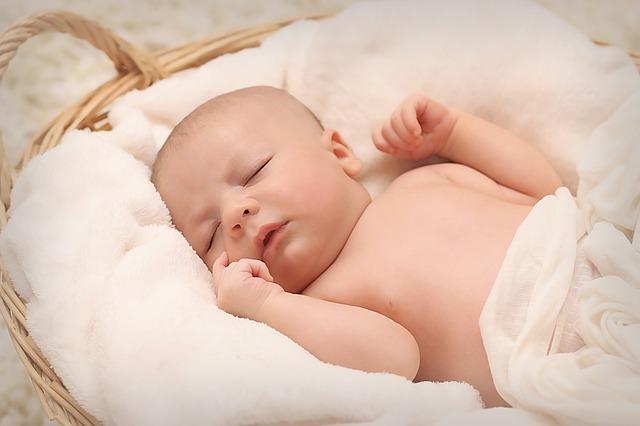This is a sponsored guest post.
Getting children to sleep healthy is a big challenge for some parents, who are faced with long nights of intermittent sleepiness. In desperation, it is normal for many of them to follow the advice of more experienced parents to guide their little ones towards a more hygienic and restful sleep. The problem is that this behavior has led to an increase in the consumption of melatonin in minors. By not needing a prescription, the administration of this hormone in children has become very popular, since getting it is really easy. However, it can expose your child to serious health problems.

What is melatonin?
Melatonin is a hormone that the brain synthesizes in the absence of light. This allows our body to know when the night is coming and, therefore, when to go to bed. Its secretion begins when dusk begins and disappears with the rays of the new day. In this way, the biological clock of our body is synchronized with a circadian rhythm, that is, every 24 hours.
Is melatonin in children really effective and healthy?
During the first weeks of life, babies sleep an average of 17 hours a day, with very short sleep cycles that sometimes do not exceed 1 hour. This means that the times when the baby is awake can be highly variable. Especially if most of the hours in which you are awake coincide during the early morning, it can be a problem for parents, significantly affecting their quality of life. It is important to note that melatonin for babies is different from melatonin for adults and should be used according to age.
But to the subject at hand, is melatonin effective and healthy in children and also in adults? Melatonin is a hormone secreted by the body, mainly at night, and that we can respect the natural cycles of sleep for the day with energy and have a pleasant rest and recovery. However, during childhood, the periods of activation and rest may be significantly altered. A fact that has led the pharmaceutical industry to create healthy products such as melatonin, of plant origin, acting on the body with action very similar to that of animal melatonin that humans also have. Many children will respond to a low dose (0.5 mg or 1 mg) when taken 30 to 90 minutes before bedtime as prescribed by some pediatricians.
Medicines to make children sleep, do they have side effects?
There are really no proven studies on the side effects of sleeping medications like melatonin. However, like all drugs, it is important not to abuse them and have all the necessary information at hand so that they can be taken safely. The melatonin for children ensures it is highly effective in the short term, but be aware that it is not recommended that children consume less than 6 months. Unless directed by a pediatrician, melatonin in children is recommended to treat those who suffer from significant difficulties sleeping, such as those who have been diagnosed with ADHD (Attention Deficit Hyperactivity Disorder) or other problems that make it difficult for them to rest.




